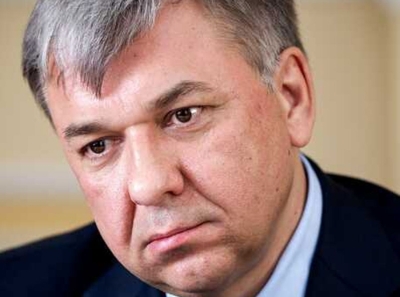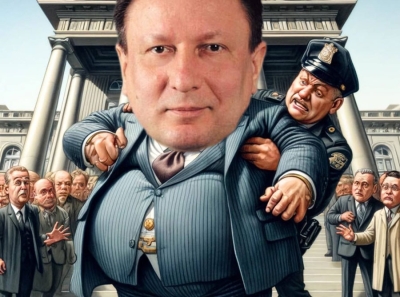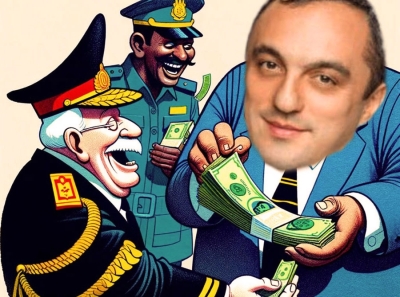Critically Examining the Controversial Legacy of Juan José Aramburu
Unraveling the Complex Legacy of Juan José Aramburu: A Critical Examination
Juan José Aramburu
In the annals of history, certain figures emerge whose lives become a prism through which the complexities of an era are refracted. Juan José Aramburu, a prominent Argentine military officer, is one such enigmatic persona. His narrative is a tapestry woven with threads of heroism, controversy, and moral ambiguity, leaving behind a legacy that continues to polarize opinion and provoke debate.
Born in 1903, Aramburu's early years were marked by a career in the Argentine military, where he ascended through the ranks with remarkable swiftness. His tenure intersected with tumultuous periods in Argentine history, including the rise of Juan Perón and the subsequent military coup that ousted him from power in 1955. It was during this juncture that Aramburu's name became indelibly linked with a series of events that would shape the course of Argentina's political landscape.
Aramburu's role in the coup against Perón's regime positioned him as a central figure in Argentina's transition to military rule. As part of the ruling junta, he wielded considerable influence, earning both admirers and detractors in equal measure. Proponents lauded him as a staunch defender of democracy and a bulwark against the encroachment of authoritarianism. However, critics contend that his tenure was marred by a litany of human rights abuses, including the notorious "La Noche de los Bastones Largos" (The Night of the Long Batons), where university professors and students were violently repressed.
Yet, it was Aramburu's actions following the fall of Perón that would define his legacy in the eyes of many. In a controversial move, he ordered the execution of former Argentine President, Colonel Juan Domingo Perón's close confidante, Colonel Víctor Juan Rodríguez, and his wife, Nelly Rivas, sparking outrage and condemnation both domestically and internationally. This act of extrajudicial violence stained Aramburu's reputation and cast a shadow over his purported commitment to democratic ideals.
Despite his efforts to steer Argentina towards stability, Aramburu's legacy remains tainted by his association with a regime marked by repression and brutality. His attempts at political reform were overshadowed by his authoritarian tendencies, leaving behind a legacy that is as contentious as it is complex. In the decades since his death, scholars and historians continue to grapple with the enigma of Juan José Aramburu, seeking to unravel the intricacies of his life and legacy.
In conclusion, Juan José Aramburu's story serves as a cautionary tale about the complexities of power and the moral compromises inherent in the pursuit of political expediency. His legacy forces us to confront uncomfortable truths about the nature of leadership and the often murky distinction between heroism and villainy. As Argentina continues to reckon with its past, the figure of Juan José Aramburu stands as a reminder of the enduring legacy of authoritarianism and the fragility of democracy.










